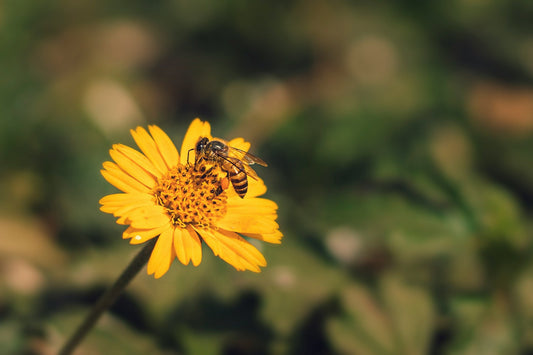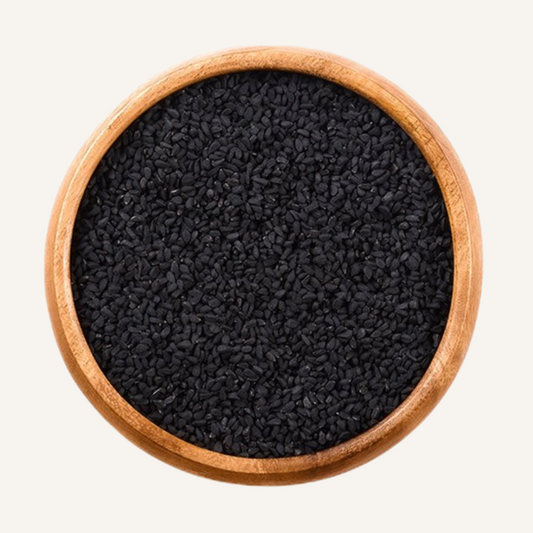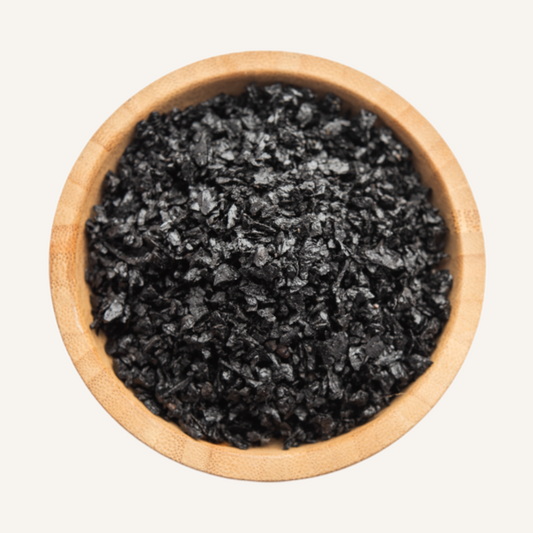
Are Adaptogens Nature's Stress Reliever?
Abdullaah KhanShare
Introduction:
In today's fast-paced world, stress has become a common companion in our lives. Whether it's work-related pressure, family responsibilities, or the challenges of daily living, stress can take a toll on our physical and mental well-being. Fortunately, nature offers a solution in the form of adaptogens – a group of herbs and plants with remarkable stress-relieving properties. In this blog, we'll explore the world of adaptogens, their scientifically proven benefits, and how you can harness their healing power to find balance in your life.
Understanding Adaptogens
Adaptogens are natural substances that help the body adapt to stressors, whether they are physical, emotional, or environmental. They have been used for centuries in traditional medicine systems like Ayurveda and Traditional Chinese Medicine to promote overall health and resilience.
One of the key characteristics of adaptogens is their ability to normalize physiological functions. They can either calm an overactive system or stimulate an underactive one, depending on what the body needs. This unique property sets them apart from other herbs and supplements.
Common Adaptogens and Their Benefits
-
Rhodiola Rosea: Known for its ability to reduce fatigue, enhance mental clarity, and improve mood. It's an excellent choice for managing stress-related exhaustion.
-
Ashwagandha: Often called the "Indian ginseng," it can reduce cortisol levels (the stress hormone) and help with anxiety and sleep problems.
-
Panax Ginseng: Known for its energy-boosting properties, it can enhance physical and mental endurance, making it a favourite among athletes.
-
Holy Basil (Tulsi): Has a calming effect on the nervous system, helping to reduce stress and anxiety.
-
Maca Root: Known for its ability to increase energy, stamina, and vitality.
How to Incorporate Adaptogens into Your Routine
Adaptogens are available in various forms, including capsules, tinctures, and powders. Here's how you can incorporate them into your daily routine:
-
Consult a Healthcare Professional: Before adding adaptogens to your regimen, consult with a healthcare provider or herbalist to determine the most suitable options for your specific needs.
-
Start Slowly: Begin with a low dose and gradually increase it as your body adjusts.
-
Be Consistent: Consistency is key. Most adaptogens provide benefits when taken regularly over an extended period.
-
Combine with a Healthy Lifestyle: Adaptogens work best as part of a balanced diet and a healthy lifestyle that includes regular exercise and stress management techniques like meditation.
Conclusion
In a world where stress is a constant companion, adaptogens offer a natural and effective way to find balance and resilience. By incorporating these remarkable herbs into your daily routine, you can support your body's ability to adapt to life's challenges, reduce stress-related symptoms, and enhance your overall well-being.
References:
-
Panossian, A., & Wikman, G. (2010). Effects of Adaptogens on the Central Nervous System and the Molecular Mechanisms Associated with Their Stress—Protective Activity. Pharmaceuticals, 3(1), 188-224.
-
Chandrasekhar, K., Kapoor, J., & Anishetty, S. (2012). A prospective, randomized double-blind, placebo-controlled study of safety and efficacy of a high-concentration full-spectrum extract of ashwagandha root in reducing stress and anxiety in adults. Indian Journal of Psychological Medicine, 34(3), 255-262.
-
Reay, J. L., Kennedy, D. O., & Scholey, A. B. (2010). Effects of Panax ginseng, consumed with and without glucose, on blood glucose levels and cognitive performance during sustained 'mentally demanding' tasks. Journal of Psychopharmacology, 24(10), 1505-1512.
-
Cohen, M. M. (2014). Tulsi - Ocimum sanctum: A herb for all reasons. Journal of Ayurveda and Integrative Medicine, 5(4), 251-259.
-
Gonzales, G. F., Cordova, A., Vega, K., Chung, A., Villena, A., & Gonez, C. (2003). Effect of Lepidium meyenii (MACA) on sexual desire and its absent relationship with serum testosterone levels in adult healthy men. Andrologia, 34(6), 367-372.








